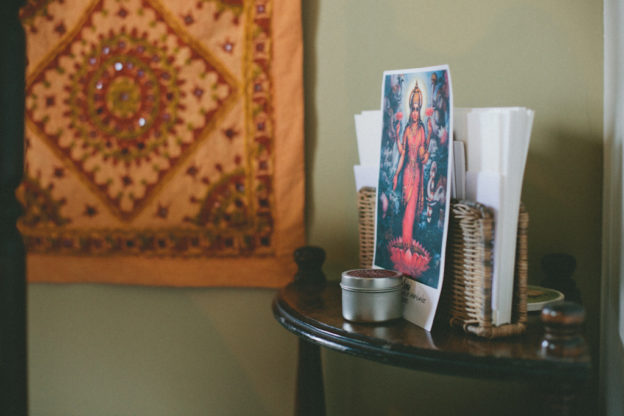I used to ask nuns to pray for me to be more patient. This is funny because I’m not Catholic. However, one thing I’ve learned in life is that if you have a hard task ahead that most would dismiss as hopeless, the nuns have a better than average chance of getting it done.
Knowing how busy the nuns are and being an independent sort, I waited to make my request until a myriad of other attempts (meditation, relaxation, visualization, yoga, walking, dietary changes, reframing, etc., etc., etc.) produced only lackluster results. I had an “impatience” problem and was pretty much at “my wit’s end” when I turned to an often-overlooked strategy: prayer. I prayed and I sought assistance from some of the foremost leaders in prayer in the world — the nuns.
My impatience tended to coalesce most quickly around gender injustice, although race and socioeconomic issues could also set me off. In my estimation, my impatience was entirely justified. After all, had patriarchy not been a social system in parts of the world for 5,000 + years? Be that as it may, the rage my impatience induced was unhelpful, exhausting, and taking a toll on my well-being. The “p-word” was winning again.
A memorably troubling moment occurred when a wise friend who worked with gender disparities globally (not a nun) patiently explained that impatience was “a western problem.” Gulp. The inherent truth of her words hit me in the gut. Who, but members of the most privileged societies, would be arrogant enough to assume that an issue that has dogged and impeded humanity for thousands of years could be resolved in a single lifetime? (Overdue or not.)

Being a pragmatist, I realized that if patriarchy was not going to be vanquished any time soon, I had best turn my impatience problem over to higher powers AND look more deeply at the privilege inherent in its roots. This journey began 18 years ago. I’ll always be recovering from my impatience problem and there have been more relapses along the way than I can count or care to admit. Happily the two-pronged approach of letting go and asking for help while compassionately exploring my accountability seems to have strengthened my patience muscles and freed me to engage in steadier, more productive courses of action.
Hopefully, you don’t have an impatience problem. Since you’re human, there may be something that’s causing you and the people around you to suffer more than necessary. If you’re lucky perhaps you know some nuns who can help.

